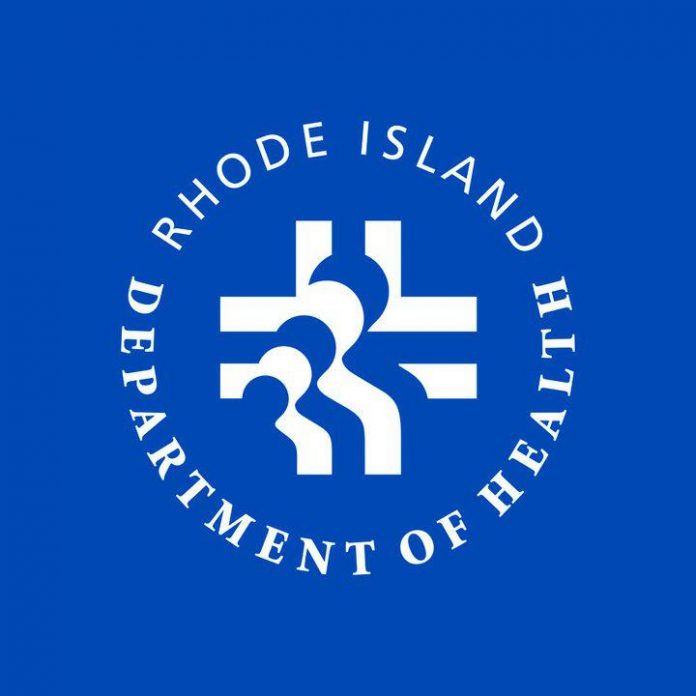
PROVIDENCE – Sen. Jack Reed, D-R.I., announced Thursday that the R.I. Department of Health’s Diabetes, Heart Disease and Stroke Program will receive $1.5 million in funding from the U.S. Centers for Disease Control and Prevention in order to combat diabetes and heart disease in the state.
In a media release, Reed’s office said funds will help “step up existing efforts” to prevent diabetes, heart disease and stroke by working with community partners to improve the health of Rhode Islanders, including better management of diabetes, high blood pressure and cholesterol via diet and exercise.
The funding also will allow for infrastructure expansion for Health Equity Zones to eliminate health disparities, according to the release. Currently 10 Health Equity Zones exist in Rhode Island.
The RIDOH’s program, the release states, will include measures to advance the CDC’s National Diabetes Prevention Program by offering statewide workshops through the Community Health Network focusing on underserved and high-burdened areas; exploring and testing “innovative ways” to eliminate barriers to “participation and retention” in the national lifestyle change program; and work closely with free clinics, primary-care practices and federally qualified health centers to improve diagnosing and treating the conditions.
According to data from 2017, RIDOH estimates approximately 79,300 Rhode Island adults know they have diabetes, which accounts for 9.4% of the state’s population, and the CDC estimates an additional 24,800 do not know that they have diabetes. Additionally, 40.7% of all Rhode Islanders, or 311,200 people, are at risk of developing diabetes due to “their weight, physical activity and age profiles.”
In a statement, Reed said the societal and economic costs of diabetes and heart disease are “staggering” and will “cripple” the health system unless proactive steps are taken to address the problem, and lauds RIDOH for helping to reverse the prevalence of diabetes and heart disease.
“This federal funding will allow RIDOH to expand their reach and connect people in need to community-based programs and resources to prevent diabetes and heart disease before the conditions worsen,” Reed said. “By focusing on prevention and helping patients control diabetes and heart health, it helps them lead healthier lives, reduces the risk for health complications, and saves taxpayers in the long run.”
James Bessette is a PBN staff writer. Email him at Research@PBN.com.












